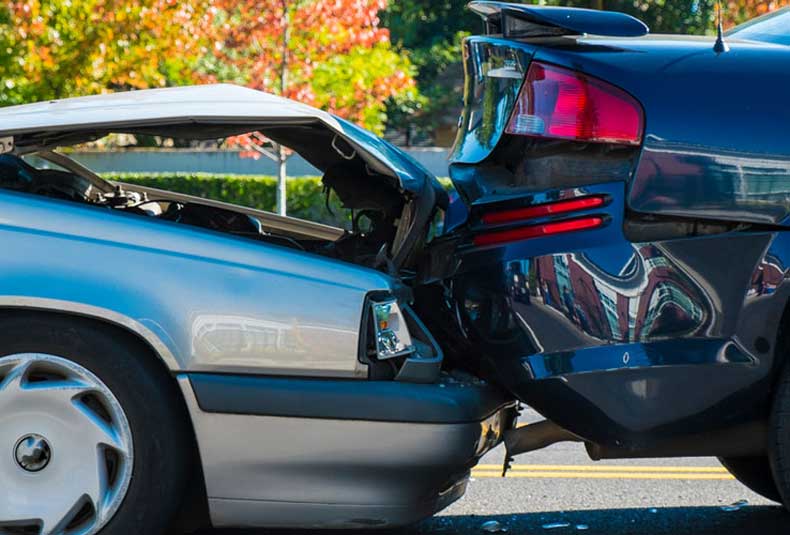
Rear End Accidents in Florida
Car accidents in Florida are anything but uncommon. In 2018 alone, Florida saw 403,626 car accidents. One of the most common types of car accidents are rear end accidents. Rear end accidents happen for a variety of reasons – inattentiveness, speeding, texting, driving while intoxicated, or any other variety of other reasons.
Most people think they know the law about Florida rear end accidents, but do they? This post discusses rear end accidents in Florida, as well as the law surrounding them.
Burden of Proof
Ordinarily, an injured party bears the burden of proof of all four elements of negligence. Those elements are – (1) duty of care, (2) breach of that duty, (3) causation, and (4) damages. However, two of those elements – breach and causation – become very difficult where the injured party has been rear ended, but typically does not know why. As such, an entire body of case law was borne seeking to aid this type of scenario.
Which Driver Is at Fault in Rear End Accidents?
Florida utilizes the rebuttable presumption in rear end accidents, meaning the driver who rear ends another vehicle is presumed to be negligent. It does this by giving particular effect to a certain group of facts in the absence of further evidence – namely that the rear driver’s negligence is the sole cause of the crash. However, it also means that this presumption can be rebutted where the rear-ending driver can show that the real facts are not as presumed. In cases where the presumption is left unrebutted, the injured party is entitled to a directed verdict on the issue of negligence.
Rear drivers who are presumed negligent may rebut the presumption based on the facts of the case. Florida recognizes four explanations to rebut the presumption of negligence: (1) mechanical failure in the rear driver’s vehicle, (2) the lead driver’s sudden and unexpected stop, (3) the lead driver’s sudden lane change, and (4) the lead driver’s illegal or improper stop.
Perhaps knowing that these defenses would be brought up at every occasion, Florida’s courts have narrowed the applicability of these defenses. For example, in Burton v. Powell, the Fifth District Court of Appeal narrowed the sudden stop defense to places where the sudden stop could not be reasonably expected.
Who Can Take Advantage of this Presumption?
Both the lead driver and the passengers of either the lead vehicle or the rear-ending vehicle are entitled to this rebuttable presumption.
Rebuttable Presumption Does Not Prevent Action by Rear Driver Against Lead Driver
In Cavallas v. Rideout, the Florida Supreme Court addressed the issue of whether the rear driver could maintain an action for damages against the lead driver given Florida’s rebuttable presumption. The court relied on the fact that Florida is a comparative fault state. That means we apportion fault between parties for the respective percentages of fault. As such, after evidence is produced from which a jury could find the front driver was negligent, even in part, for bringing about the collision, the rear driver’s presumption of fault is rebutted and the matter should go to trial for a jury to apportion each drivers’ fault.
Click For Free Case ReviewGet Your Free Attorney Case Review Today!
If you have been injured in a car accident or as a pedestrian, call 407.216.2000 or click here for a free attorney case review. Justin Presser has helped hundreds of accident injury victims find their justice and we would be honored to help you as well.
______________________
Presser Law, P.A. was founded on the idea that injury victims deserve aggressive and straight forward representation to help them through some of their most difficult times. “Fighting for Justice. Fighting for You.” is more than a motto. It is our promise and reminder to our client’s that we will be with them, fighting to make sure they receive the compensation they deserve.






